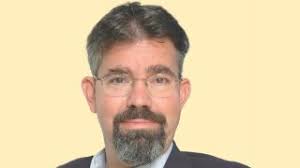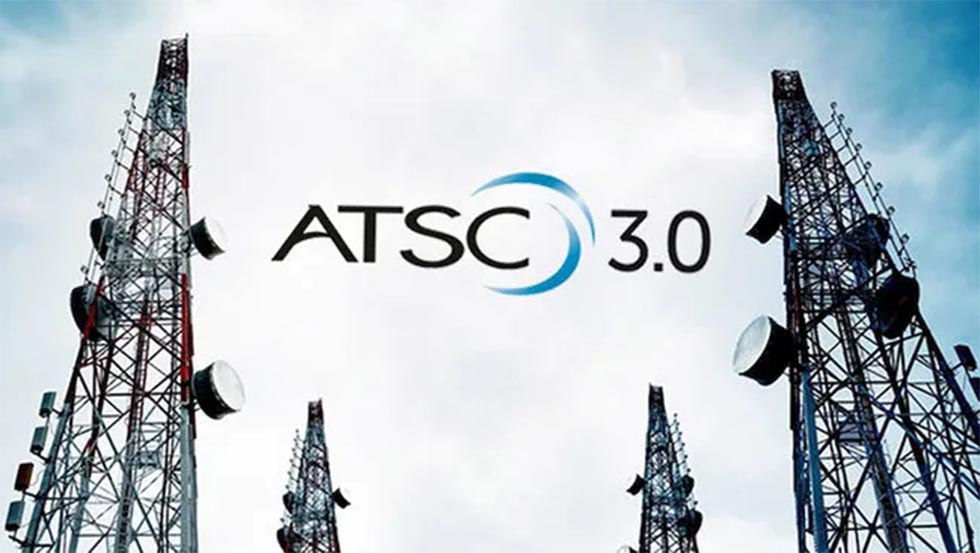Rep. Cole: Noncoms Must Be Protected in C Band Sharing
WASHINGTON--As the FCC prepares to vote this week on opening up the C Band for wireless broadband, a powerful Republicans is calling for care and handling of noncommercial broadcasting.
Rep. Tom Cole (R-Okla.), chair of the House Appropriations Subcommittee, has written FCC Chairman Ajit Pai to advise caution as the FCC ponders remaking the band to allow wireless use, either by dividing up the band or allowing for sharing. ISPs and broadcasters are concerned about the potential interference to the band.
Driven by an explicit desire to speed 5G and close the digital divide, the FCC has released a draft proposal to free up midband (C Band) spectrum (3.7–4.2 GHz) for wireless broadband — and perhaps eve auction it all to the highest and best user — a draft it plans to vote on at the July 12 public meeting.
[Read: More Broadcasters Weigh In On C Band Sharing]
The C Band is used by broadcasters to deliver network programming to stations and cable operators to deliver network programming to systems.
Cole is particularly concerned about the 42 million public radio listeners to the 1,270 stations that rely on those C Band frequencies, including for emergency alerts. In fact, he points out that the 2019 public radio appropriation includes money to upgrade the system.
He said that investment recognizes there is not alternative means of distributing the programming to "all comers," including rural and remote areas, he says.
The professional video industry's #1 source for news, trends and product and tech information. Sign up below.
Cole told Pai that the C Band should not be cleared (for dividing it up between incumbents and new wireless users — or shared unless the FCC first determines that public radio's "indispensable programming services" will be protected.
Broadcast and cable trade associations have also cautioned the FCC to slow down a bit and consider the impact of sharing the band on what is essentially the distribution backbone for their respective video services. Both want the FCC to consider whether the band can be shared at all given the potential for interference, particularly if the FCC wants dynamic sharing.
The FCC's Wireless Telecommunications, International, Public Safety and Homeland Security bureaus two weeks ago said they were instituting a temporary freeze on applications for new or modified fixed satellite service earth stations and fixed microwave stations in the 3.7–4.2 GHz spectrum bands (C Band) to "preserve the current landscape" as it looks into possibly allowing mobile broadband and more "intensive" fixed use.
Contributing editor John Eggerton has been an editor and/or writer on media regulation, legislation and policy for over four decades, including covering the FCC, FTC, Congress, the major media trade associations, and the federal courts. In addition to Multichannel News and Broadcasting + Cable, his work has appeared in Radio World, TV Tech, TV Fax, This Week in Consumer Electronics, Variety and the Encyclopedia Britannica.

